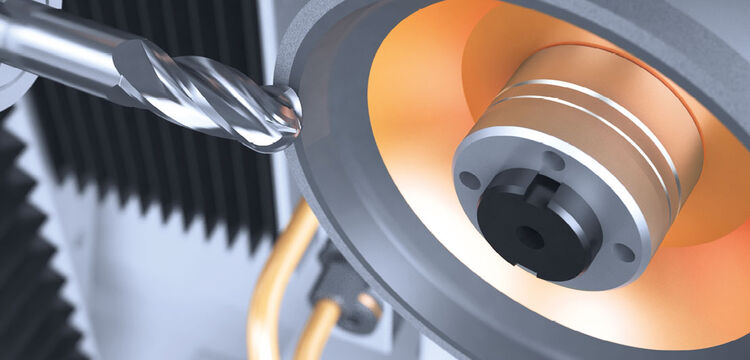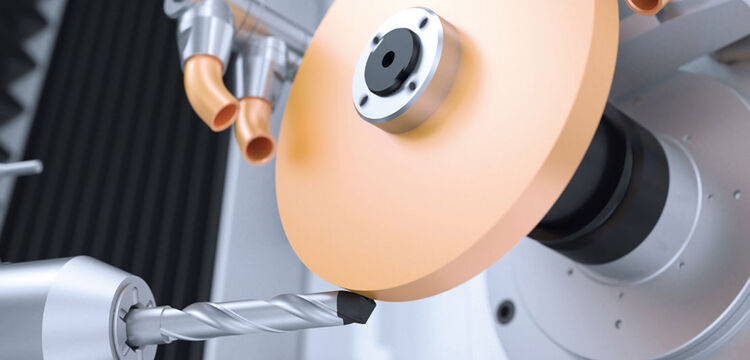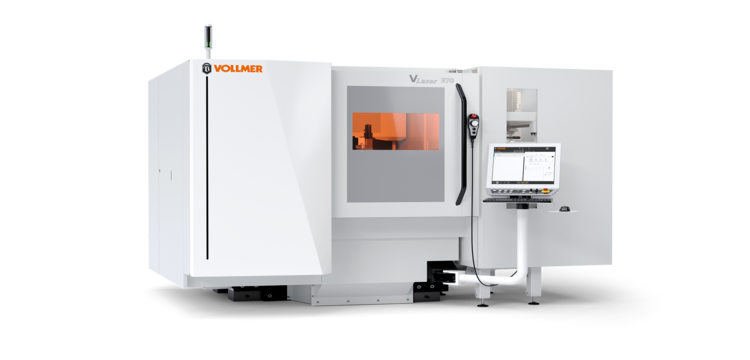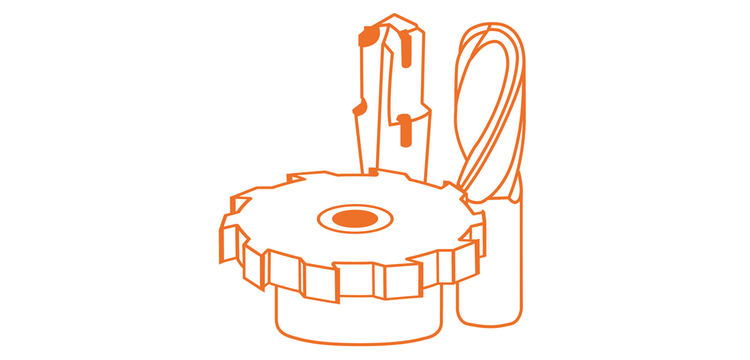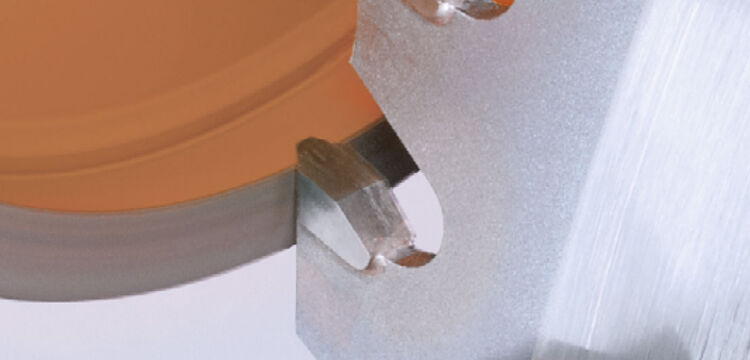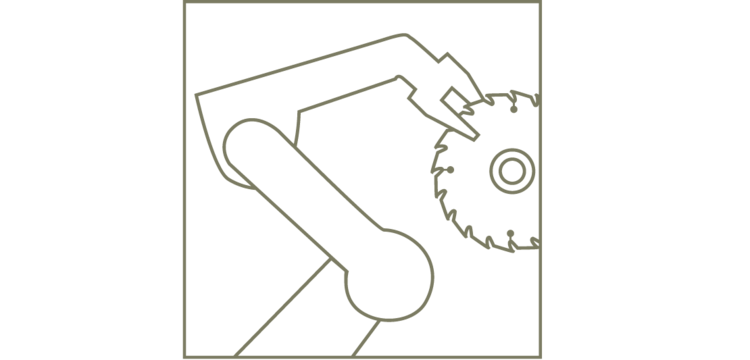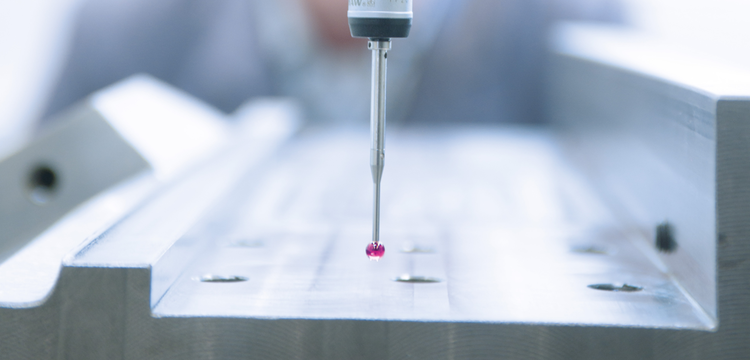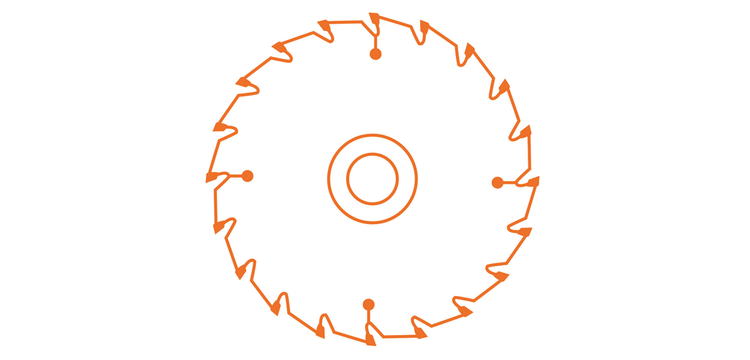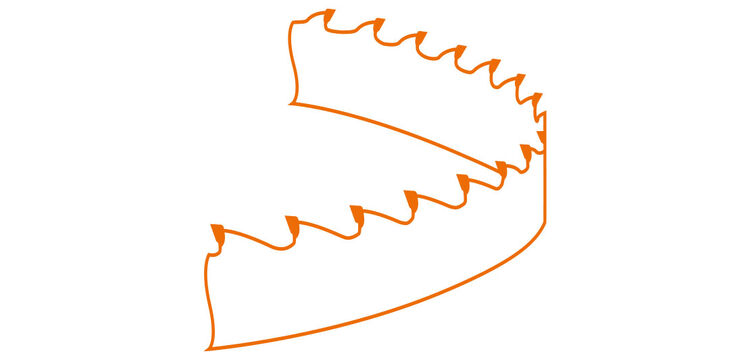Ihr Browser hat eine andere Sprache als die der aufgerufenen Seite. Diese Seite ist auch in ihrer Sprache verfügbar! Möchten Sie zu der Seite in Ihrer Sprache wechseln?
From Little Acorns Grow Great Oaks 2024-10-14
概要When ECC Timber Products was founded by PJ Fahy in 1992, the company could only dream of becoming the success it is today. Over 30 years later, the company has evolved into a €100m+ turnover business with over 150 staff employed at their facility in County Galway on the west coast of Ireland. Despite the exponential growth the company has enjoyed, one thing has always been a constant: its unwavering belief in its saw blade sharpening technology from Vollmer UK.
As the Corr na Mona based company has grown, its portfolio has evolved to encompass products for construction, fencing and landscaping, pallet and packaging, motorway fencing, acoustic panel products and much more. The environmentally conscious manufacturer processes more than 600,000 tons of timber every year. ECC utilises its by-products from the wood milling facility to supply products such as bark, woodchip, sawdust and dry shavings to the horticulture, panel manufacturing, biomass and animal bedding sectors.
Soon after its inception, the company invested heavily in its saw-sharpening facility. During those early days, ECC purchased a CAS bandsaw sharpening machine, an EMS twin-head side grinder, a first-generation bandsaw stellite tipping machine and a VWM bandsaw rolling bench, all from Vollmer. The circular section of the Sawshop was also augmented and propelled forward with the purchase of a Vollmer CHC22H TCT grinder and an FS2A side grinder. This investment was copper fastened over the following years with additions and updates, including CA200 profile grinders, an Alligator stellite tipping machine and more recently, an RC100 automatic levelling and tensioning machine- all from Vollmer. Many of these Vollmer machines are still in active service today – demonstrating the longevity and quality of the brand.
ECC is certified to the highest timber quality standards, including ISO 9001:2015 (International Quality Management System), EN14081 (Stress Grading of Structural Timber), IS435 (Motorway Post & Rail), ISPM 15HT (International Standard for Phytosanitary measures). Therefore, as the company has expanded, so have its manufacturing requirements.
As part of a strategic plan, ECC is currently planning the next phase of their Sawmill upgrade and as an initial part of this, the saw shop that services and maintains circular saws and band saw blades needed to be moved from its previous location. As ECC Timber Products Maintenance Manager, Mr Pat Mullarkey, says: “We needed to move the saw shop on site, and we saw this as an opportunity to invest in a brand-new purpose-built facility encompassing the latest technology to futureproof our business. We also saw this as an opportunity to improve quality and create efficiencies. Many of our previous Vollmer machines were 25 years old and had more than served their time. Despite their age, the Vollmer machines still ran well, and we refurbished and re-purposed some of them. The all-new purpose-built facility allowed us to explore opportunities and invest in the next generation of technology. After the proven performance and longevity of the Vollmer brand here at ECC, we had no intention of looking anywhere else.”
Following a seamless consultation with the new Managing Director of Vollmer UK, Martyn Cross, ECC took delivery of a Vollmer CHF840 side grinding machine. This was accompanied by a fully automated CS860 for universal tooth face and top grinding of TCT saw blades with an ND320 robot loading automation system. ECC placed the order in November 2023. Landing in March 2024, the new arrivals have significantly benefitted ECC. Pat continues: “We picked these two machines as they perfectly matched our processes and desired results. Due to our successful longstanding trading relationship with Vollmer, we had no reason to look at any other brand. Having seen these machines operating in similar environments before purchasing, it gave us 100% confidence in what we were buying.”
The previous Vollmer circular machines were manually operated and labour-intensive. The company bought its first Vollmer machines in the early 1990s, processing about ten circular saw blades per shift through the saw shop. The company has evolved beyond comprehension from these early days. Pat continues: “We only service saws for our own site, and the previous machines perfectly served our limited requirements in the past. However, we have evolved over the years, and along with many other changes, we currently have a USNR Versagang that takes a box of 25 guided 28” saws per shift. In addition, we have four multi-head cross-cut lines, two board edgers, an 18-saw trimmer and a Ledinek high-speed planer with a splitting module. These machines all run two shifts daily, and many workstations require daily saw blade changes. This means we go through a lot of saw blades. This placed significant demands on our saw shop, the old Vollmer machines and our ability to service the fast-paced production department with the quality required. The new machines have changed all that.”
Cutting through challenges
After purchasing new circular saw blades, the self-sufficient saw shop undertakes servicing, maintenance and re-tipping of its blades in-house, performing the duties while achieving the throughput and quality any saw shop would be proud of. With up to 14,000m3 of timber processed weekly, saw blade performance and efficiency are critical. Here, the new Vollmer CHF840 and CS860 have demonstrated their value.
Pat continues: “We wanted to achieve certain key parameters by commissioning the new Vollmer machines. Firstly, we wanted to introduce automation to alleviate bottlenecks and to aid staff in achieving throughput. Previously, we had an operator constantly loading, unloading and tending to the manual machines. There was always the potential to lose valuable saw sharpening time if the machines were not diligently supervised. Now, our operator can fully load the ND320 with upward of 25 heavier circular saw blades with a diameter of up to 840mm and a weight of up to 20kg. Once loaded, the automated measuring and probing of the saw blades inside the machine enable the operator to load the ND320, select the preset recipes, press start and let the machine do the rest. This means the new CS860 can run for an entire shift unmanned. This enables us to re-distribute staff to other duties, effectively giving us an extra staff member.”
Not only did the arrival of automated saw processing generate staff efficiencies, but it drastically improved productivity. By removing the time required for manual loading/unloading, the CS860 maximises processing uptime. Additionally, the latest CNC control and drive technology, optimised kinematics, in-process measurement and calibration further reduce saw blade cycle times by more than 30%.
Another key benefit of the new Vollmer arrivals is the precision and quality of the blades sharpened on the CS860 and CHF840. Alluding to this, Pat adds: “The inprocess monitoring and calibration is improving the precision of our blades far beyond anything achievable on our previous machines. Furthermore, the new Vollmer machines have introduced an oil cooling system instead of a water-soluble coolant. Our tip surface and edge finishes are much better than those on our previous machines. Improved precision and surface finishes positively affect our saw blades’ productivity and cut quality. The result in the sawmill is greater productivity and longevity from our saw blades with far superior edge finishes and precision levels on our sawn products.”
Concluding on the investment in the two new Vollmer machines, Pat says: “The automated CS860 and the CHF840 have made a massive impact on everything from labour, manufacturing efficiency and productivity in the saw shop to precision, quality and improved saw service life in the sawmill. We have had the machines for a few months, and we still haven’t fully challenged or utilised the benefits of Vollmer’s latest CNC technology. We have more to learn, but regardless of this, the benefits of the new machines have been immeasurable.”

